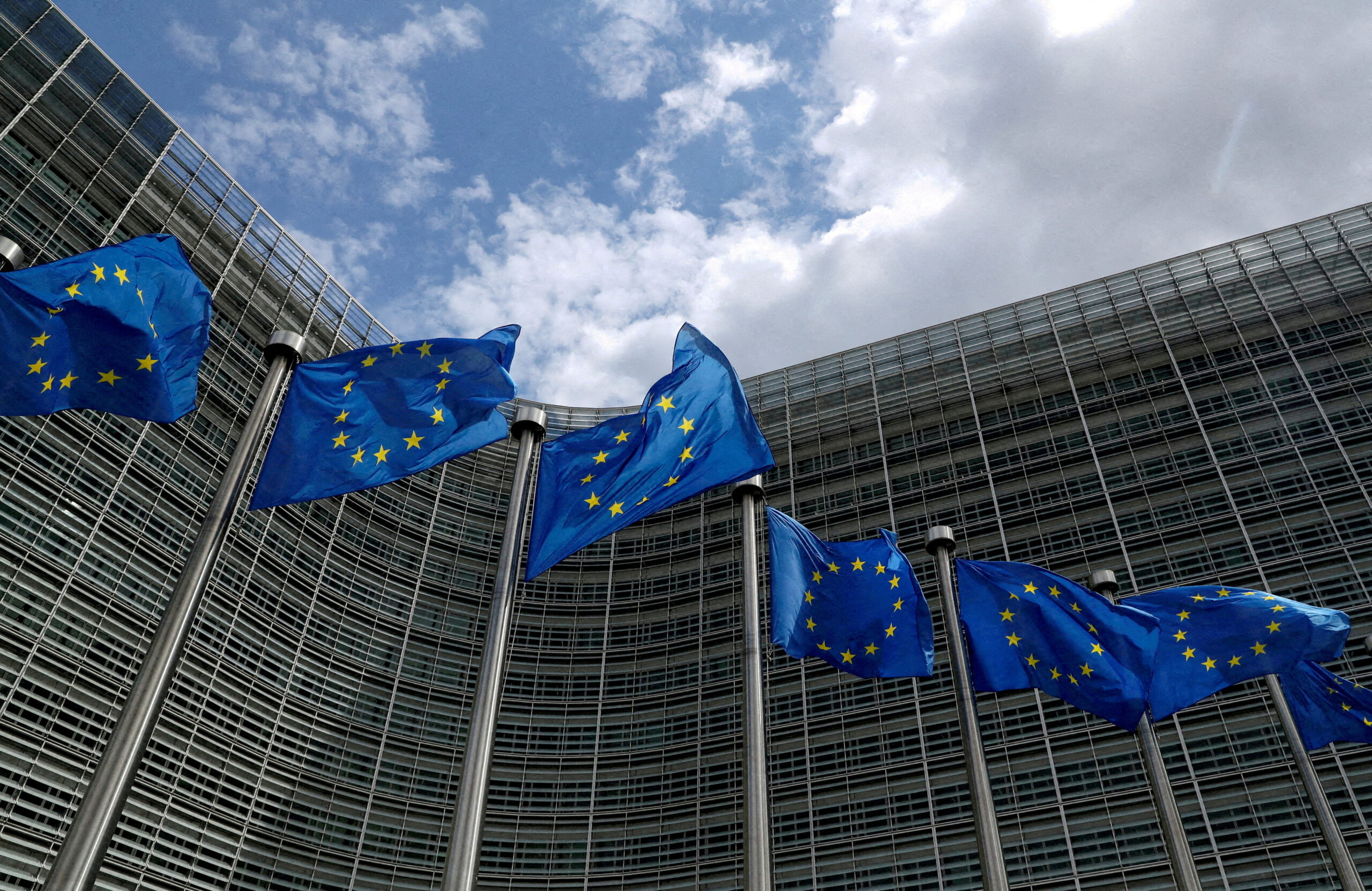Introduction
The European Union (EU) has taken significant steps in fortifying its stance on human rights by expanding sanctions against countries known for their egregious violations. This strategic move underscores the EU’s commitment to promoting human dignity and accountability on a global scale.
Background on Sanctions
Sanctions are a critical tool employed by the EU to influence the behavior of nations that perpetrate human rights abuses. The recent expansion of these sanctions serves not only as a punitive measure but also as a preventative one, aiming to deter further violations. This response is particularly relevant in a world where the disregard for human rights is increasingly becoming a norm in certain regions.
Impact of Expanded Sanctions
The implications of the expanded EU sanctions are profound. By targeting specific individuals and entities associated with human rights violations, the EU sends a clear message that such actions will not go unchecked. This move can potentially lead to broader discussions among international communities about the importance of enforcing human rights practices, paving the way for collaborative efforts towards reform and accountability.
Furthermore, the EU’s actions may encourage other nations to reconsider their stance on human rights and join in a unified front against violators. This strategy not only fosters accountability but also promotes an environment where human rights are respected and upheld globally.

